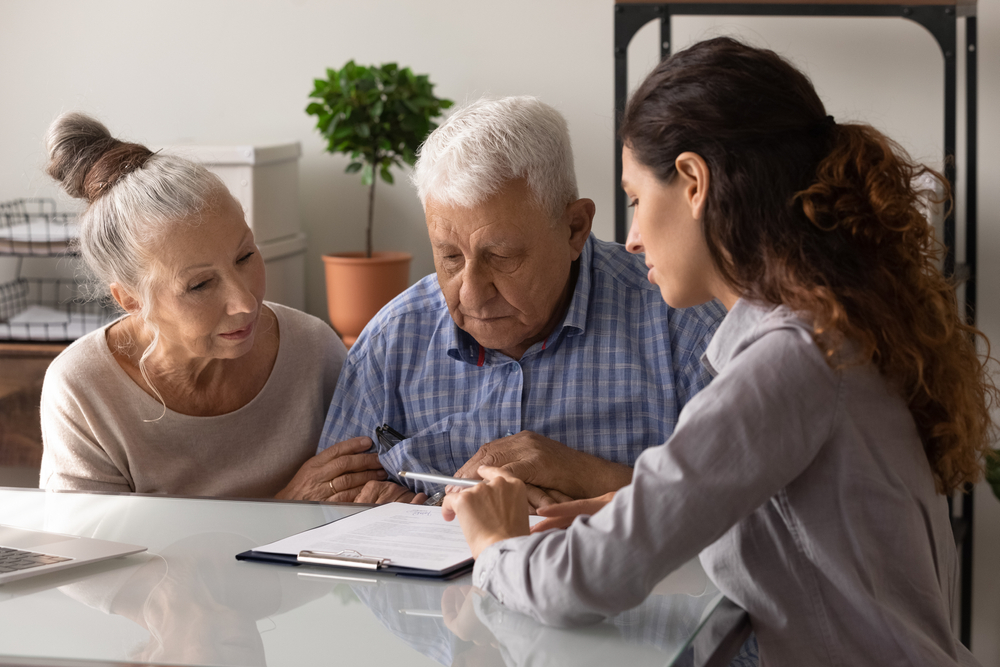News
Less than half of married couples have a power of attorney

Millions of married couples don’t have a power of attorney, risking being locked out of their spouse’s finances if the worst were to happen.
A majority of UK adults (95%) are aware of power of attorney and three quarters said it is important. But a third don’t understand how it is used in practice and just 41% of married couples have the document in place.
According to the research by Scottish Widows which comes during Free Wills Month in March, power of attorney take-up is lower than other forms of financial protection. It found that 76% of people in a relationship have discussed wills and trusts with their spouse.
But with less than half of married couples having a power of attorney in place, and with 24% saying they have no plans to arrange this, Scottish Widows said it “suggests many married couples see taking this measure as unnecessary”.
However, people in same-sex married couples are more likely to give power of attorney to their spouse (74%) compared to those in heterosexual marriages (50%).
It said financial advisers have a key role to play in explaining the concept of a power of attorney and busting some of the myths which may be holding people back.
Rose St Louis, protection director at Scottish Widows, said: “Our research has shown that couples often overlook a crucial step in financial planning for the future and don’t set up a power of attorney. It can be difficult to have conversations about finances and preparing for the future, and financial advisers have a crucial role to play.
“Whether it’s helping explain the practical benefits of setting up a power of attorney, outlining potential difficulties that may be avoided further down the line, or referring them to an estate planner or solicitor who can help with an application for power of attorney, clients value guidance they can trust.”
Understanding a power of attorney
A Lasting Power of Attorney (LPA) is a legal document which allows you (the donor) to appoint people (attorneys) you trust to make decisions on your behalf when you’re no longer able to do so.
You can make a property and finance LPA and/or a health and welfare LPA. Each document costs £82 unless you get a reduction or exemption.
While you can apply and register an LPA yourself online, many turn to solicitors to execute them to avoid making a mistake and to get them accepted by the Office of the Public Guardian (OPG) as soon as possible.
However, YourMoney.com revealed that registering a power of attorney is taking up to five months, likely as the OPG looks to clear the backlog built up during the height of the pandemic.
If a house is owned jointly then the joint owner with capacity cannot sell the house without the owner who has lost capacity “being a party to the sale”.
Meanwhile, when it comes to other joint assets such as bank accounts, if one joint account holder loses mental capacity, banks can decide whether to allow the account holder who still has capacity to continue using the account or temporarily restrict its use to essential transactions only (e.g. living expenses, care bills etc.) until the LPA has been registered.